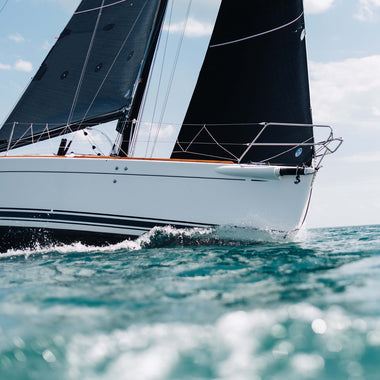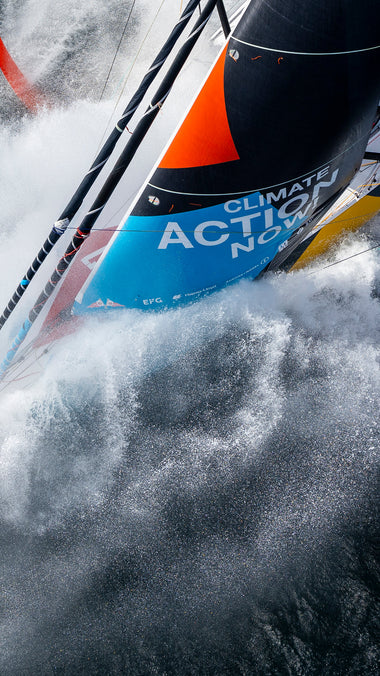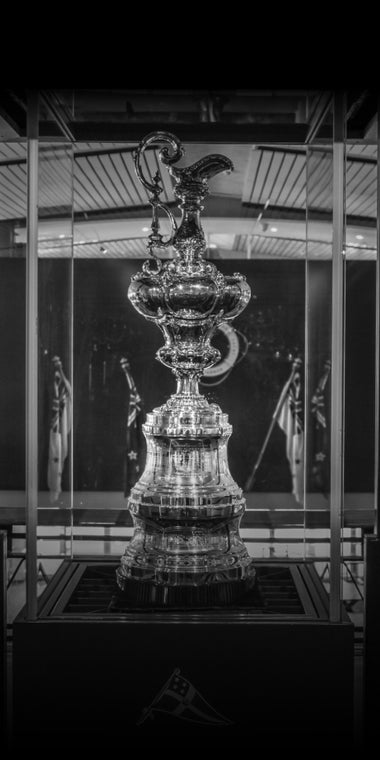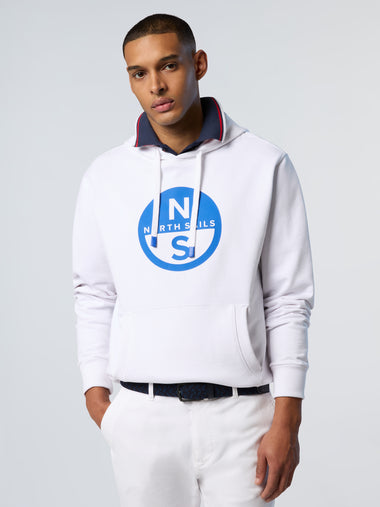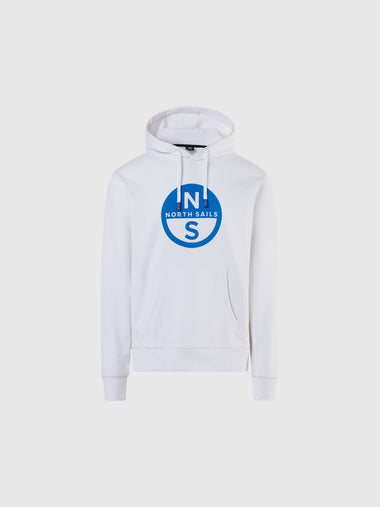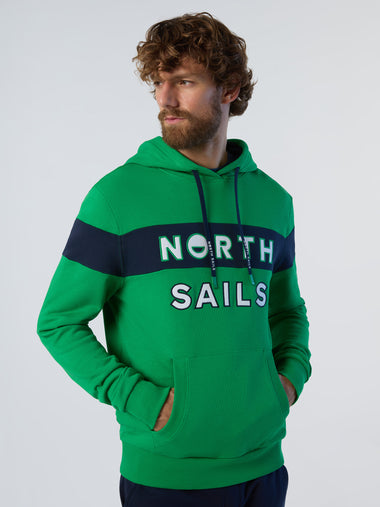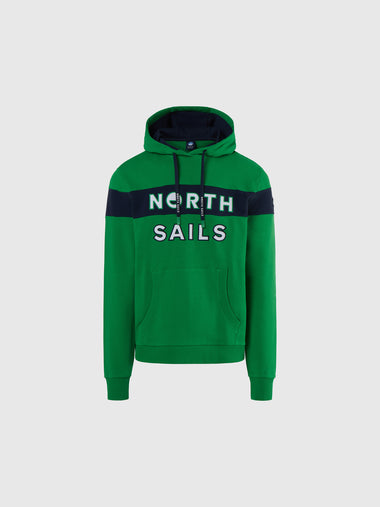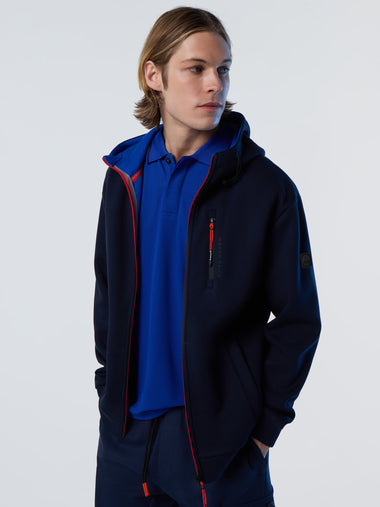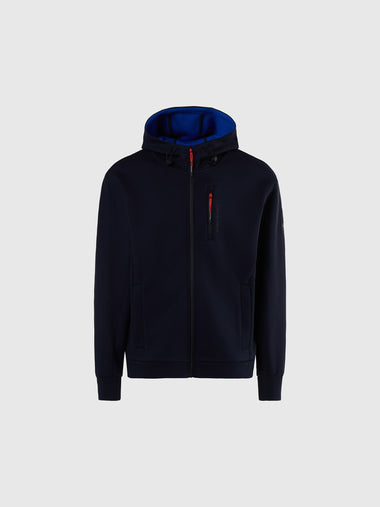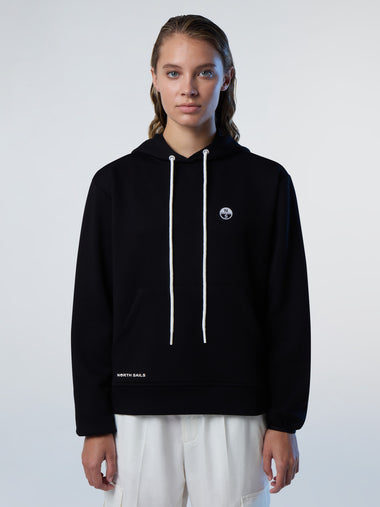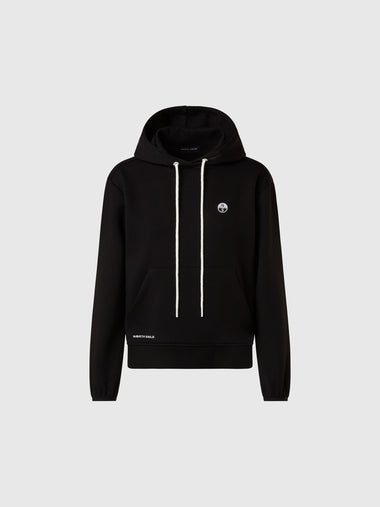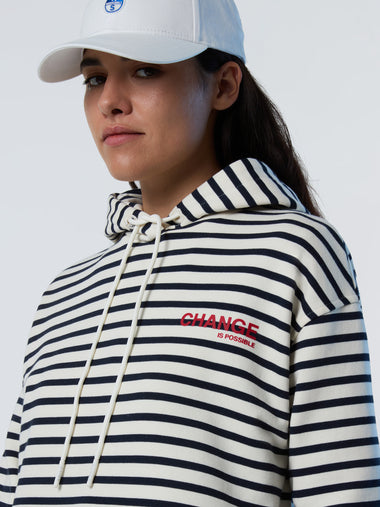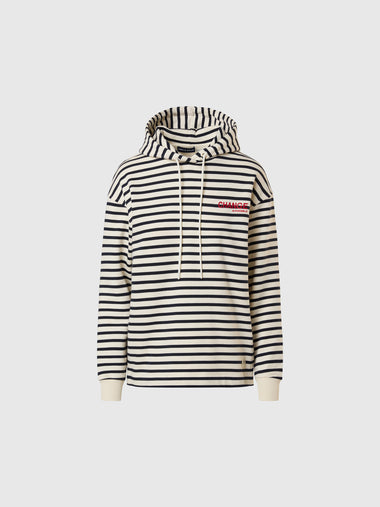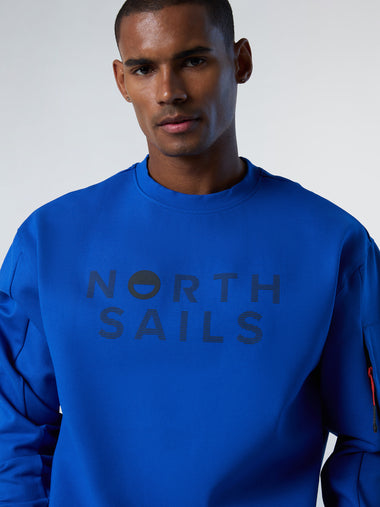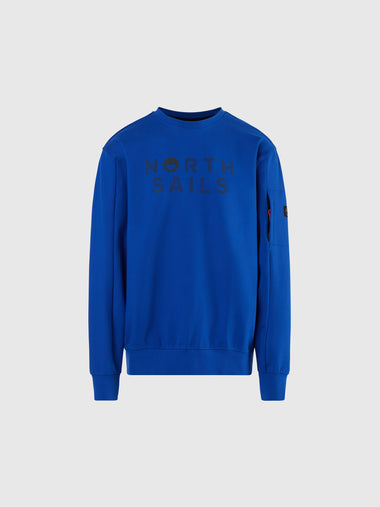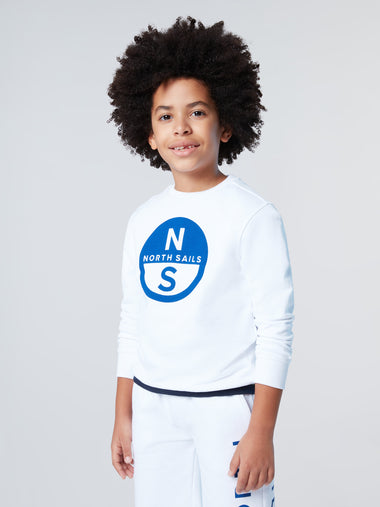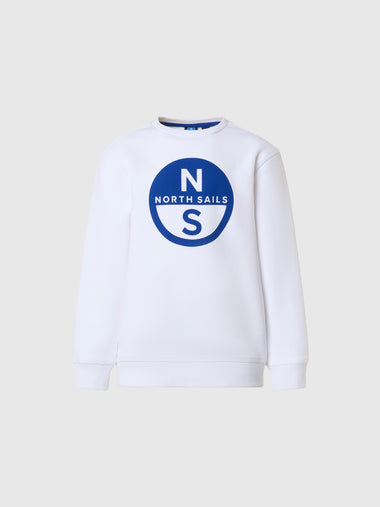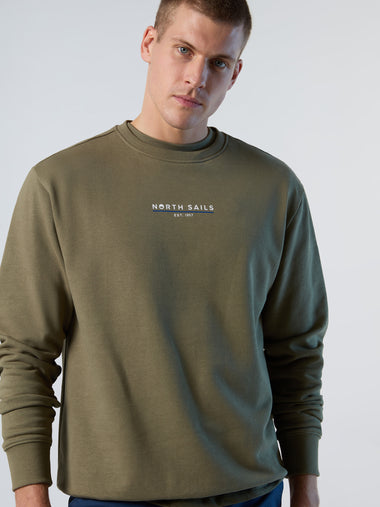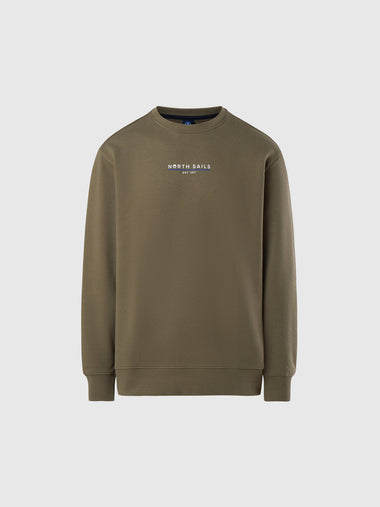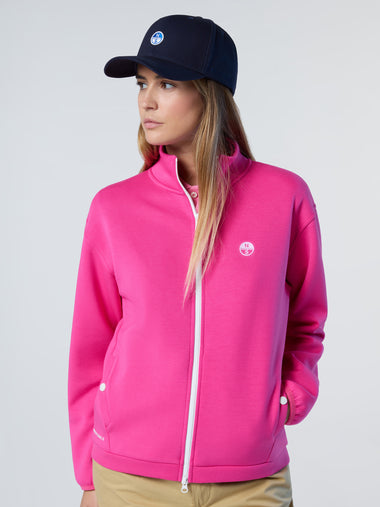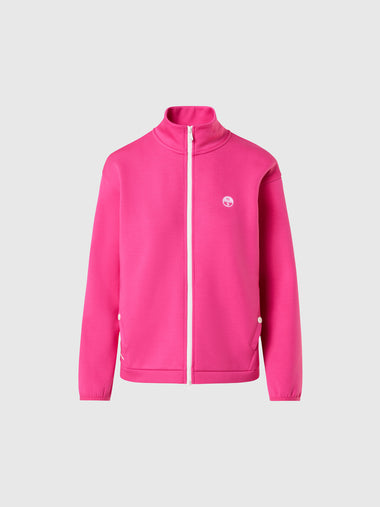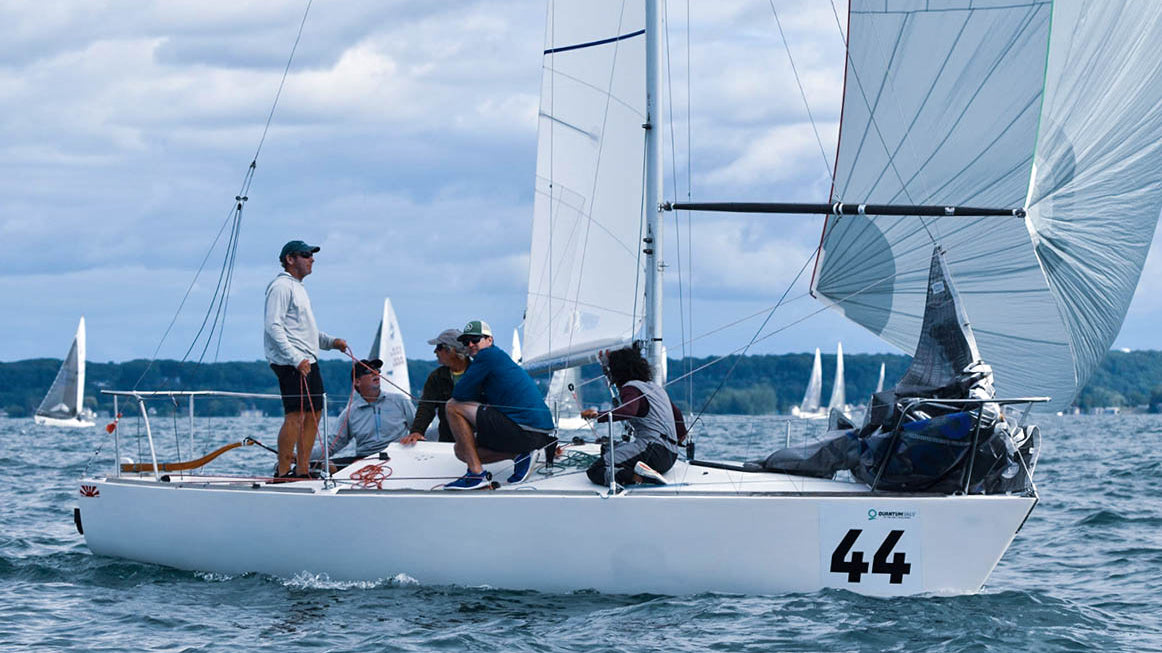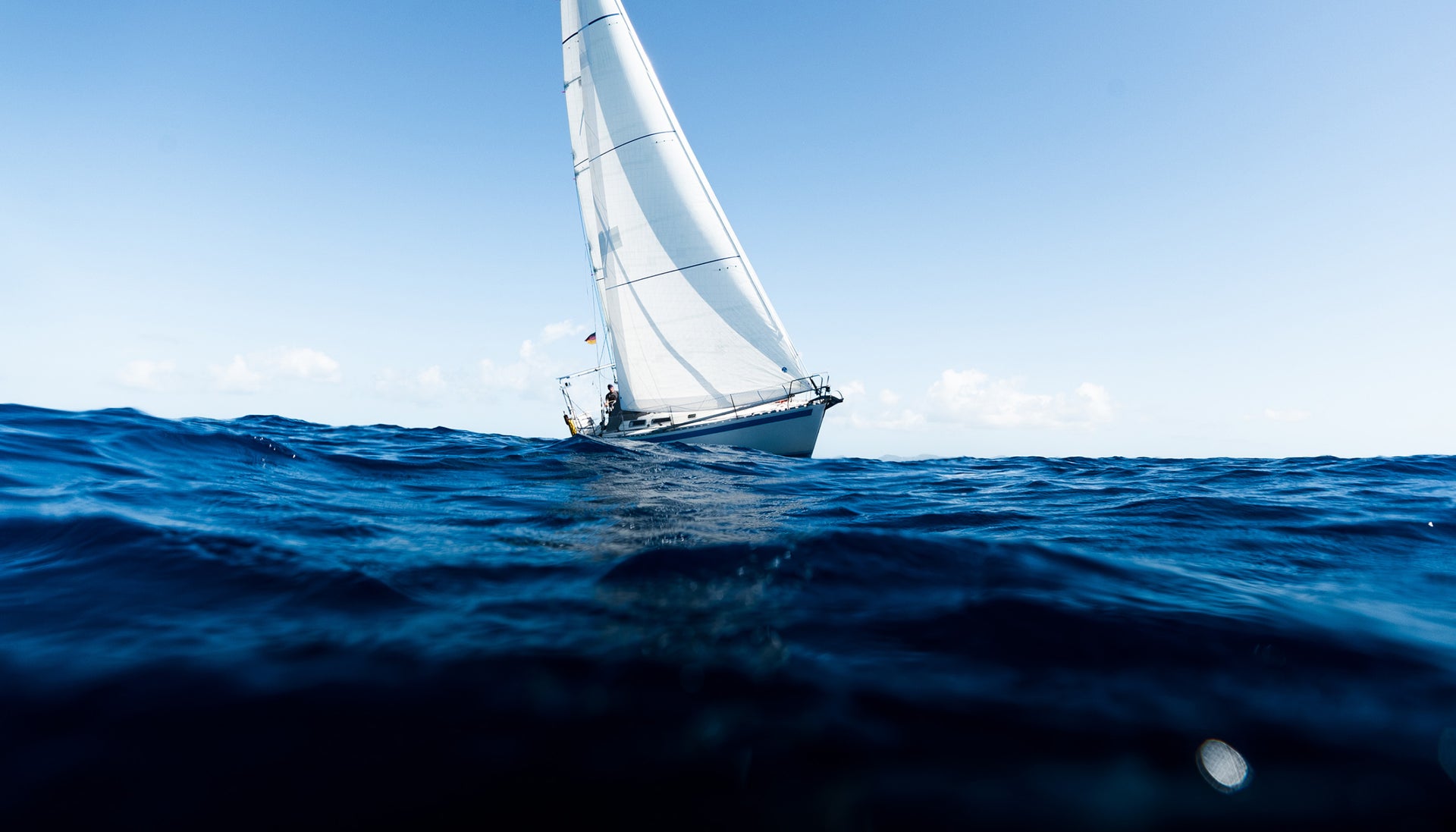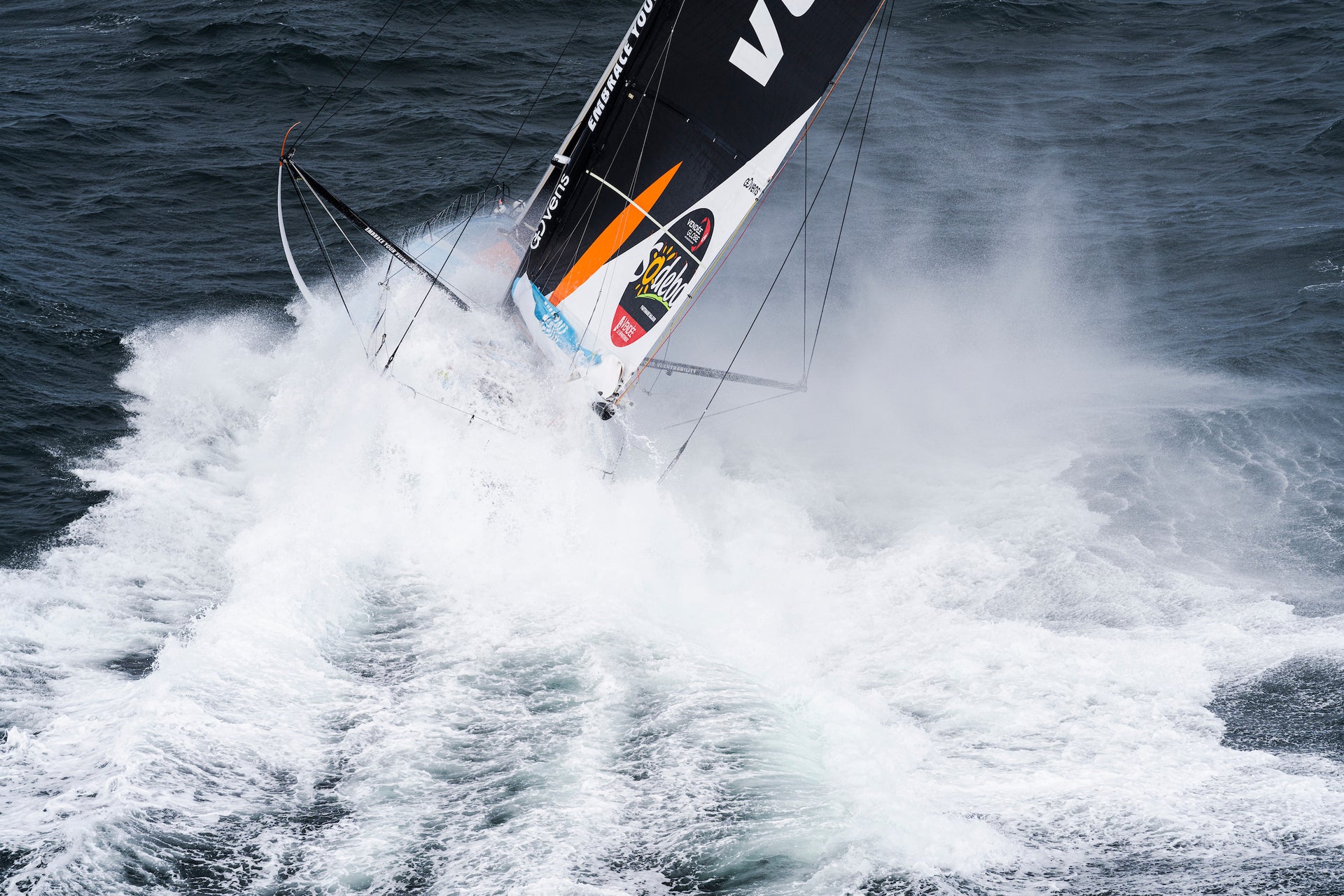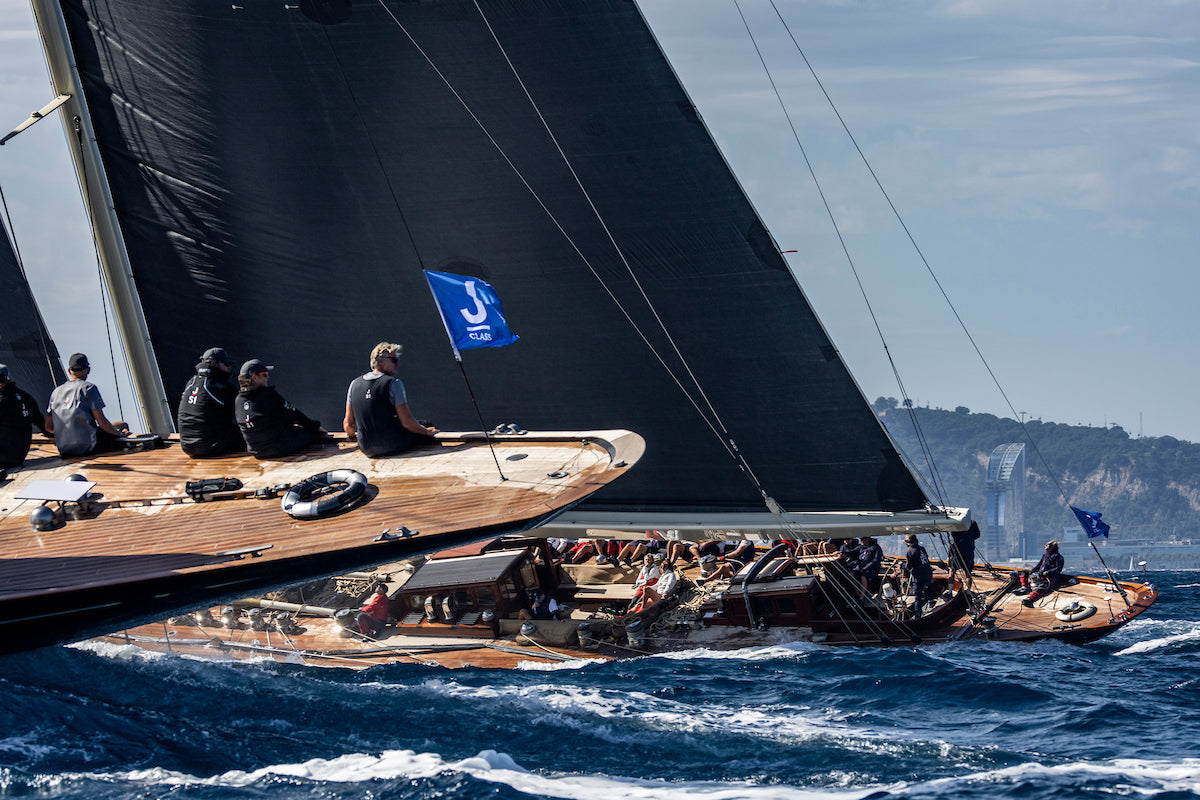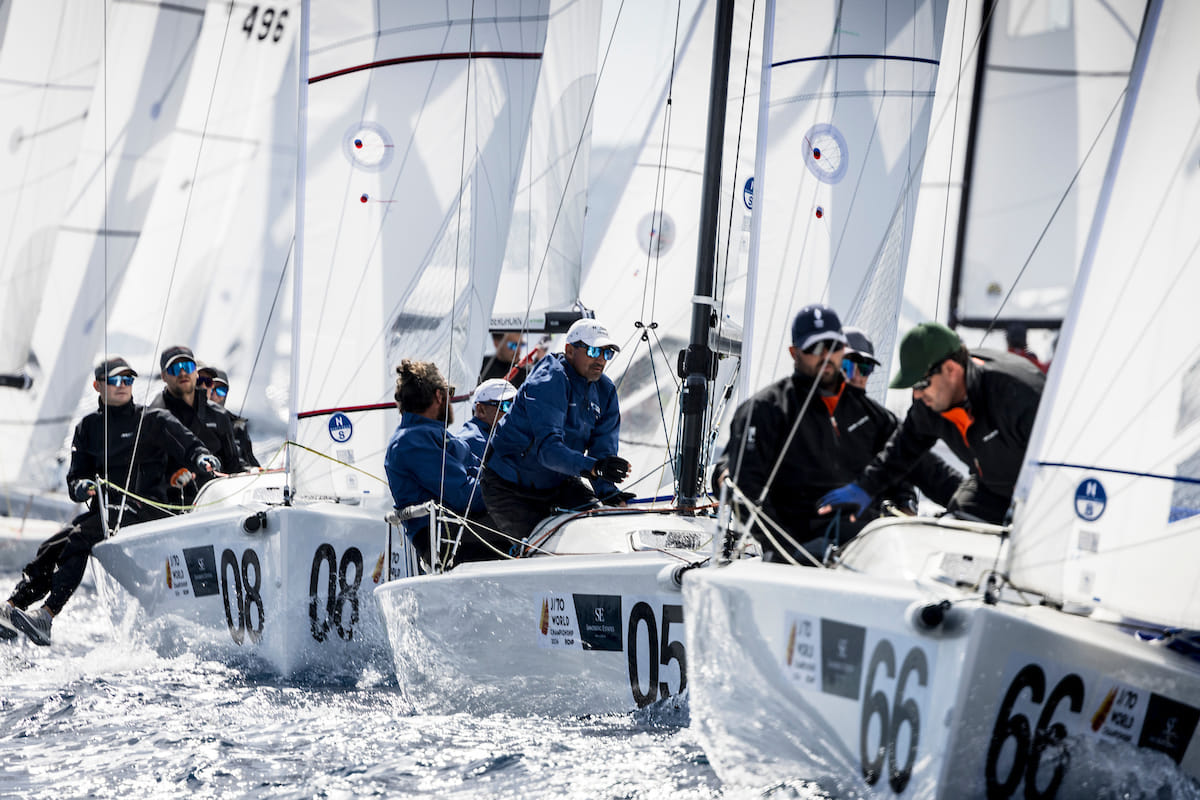PODIUM SWEEP AT J/24 NATIONALS
PODIUM SWEEP AT J/24 NATIONALS
Will Welles’ Buckaroo Saddles-Up To Snatch The 2019 Title
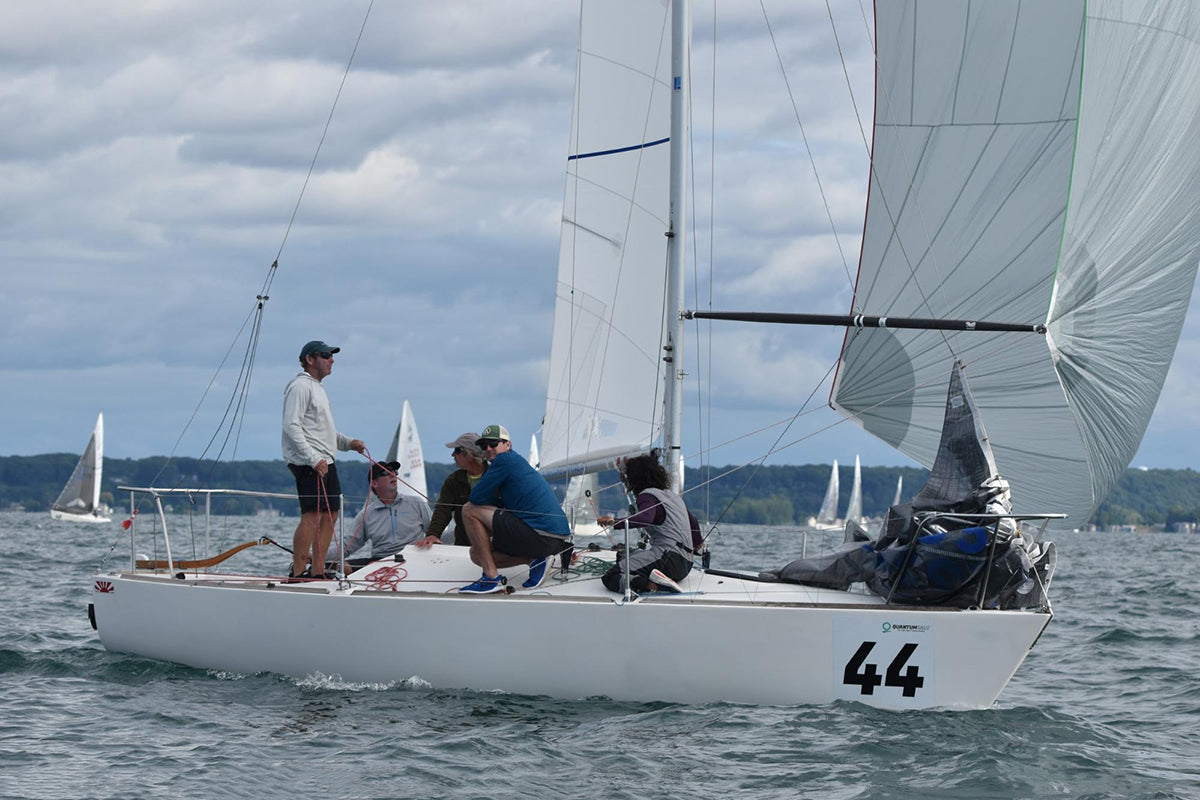
Rochester Yacht Club hosted the J/24 Nationals on the beautiful waters of Lake Ontario, with 48-boats in attendance. North Sails clients had the upper hand on the competition, bringing their best game to the race course to take the fleet by storm with a full podium sweep. Congratulations to North Sails Will Bomar on team Bangor Packet for taking third overall, 2018 National Champion Robby Brown and team Angel Of Harlem for their second place finish, and first overall, now five-time National Champion, North Sails Will Welles and his power-house team of Chris and Monica Morgan, Jeff Linton, and Erik Rexford on Buckaroo.
The weekend kicked off on Thursday with an official practice race with winds out of the WNW at 15 knots and 2-3 foot seas, which was a great way to warm up. The practice race however was completely different conditions than what competitors would experience for racing on Friday and Saturday. On the final day, a strong thermal filled in later in the morning from the East at around 15 knots. Staying in phase became even more valuable since there was pressure across the course. 2019 National Champion Will Welles shared some of his insights on how his team, from start to finish, put together a championship-winning regatta.
“Having a good team that works well together is the key!”
“First of all, it was great to be back in the boat with this team, we have a lot of fun on and off the water. I’ve been pretty lucky to sail on a few great teams like this one. Having a good team that works well together is the key! We focused on getting off the line and being able to sail in good lanes from the start so that we could place the boat in the pressure both upwind and downwind. Keeping the boat at maximum speed was very important. The first two days were pretty light with short steep chop so pinching upwind was not an option and the downwinds were even harder, if you sailed to low for too long and hit the back of a wave you just stopped. We found the key for optimum downwind speed was to focus on the biggest lanes we could to keep the bow up a touch more than normal and keep our speed on and the boat stable. We worked really hard to just stay in the pressure the best we could, our tactician Jeff Linton did a really good job at that!”

North Sails Mike Ingham on Nautalytics placed seventh overall, and provided his take on local knowledge prior to the regatta, which gave perspective as to what sailors could expect with the challenging conditions. Although there was a concept for ‘typical’ shift trends, Rochester, also known as ‘left-chester’ was still very unpredictable, and often presented irregular patterns that were not always easy to read.

Day one and two were similar, with trending wind directions from the NNW to ENE, with roughly 5-7 knots giving the left side of the race course the upper hand the majority of the time. The right side did pay off every now and then, but it depended on when you went right and ideally, you could do it and stay in phase to connect back with the left. The top women’s team, Sea Bags Sailing Team with skipper Erica Beck Spencer had a great regatta result, finishing 13th overall. “The biggest part of each race for us was the start,” said tactician Hillary Noble. “We had to get off the line, and we had to be at full speed. Prior to the gun, we would practice our approaches to the line. Knowing how long it would take to get up to full speed
“Our sails were so fast. There were times where it felt like we were shot out of a cannon!” – Jessica Harris, bowman

North Sails Paul Abdullah trimmed for John Mollicone and North expert Tim Healy was the tactician on team Helly Hansen, who placed 5th overall. “It was a great weekend for Helly Hansen,” said Paul. “The conditions were extremely difficult on Friday and Saturday, but we were able to post consistent scores due to having good communication and boat speed. Trimming the genoa was non-stop upwind, and being sure to ease the sheet to keep the boat accelerating through the chop was very important. We wouldn’t try to point the boat upwind until we had good flow over the keel so the foils could work. Downwind was even more difficult, so we pretty much sailed with the pole forward to maintain any sense of boat speed.”
Skipper of Bangor Packet, North Sails Will Bomar had some great takeaways to share. “The biggest key to a good result was keeping the boat moving by having the crew weight low, keeping the tales on the genoa streaming, and not chasing every lift, which was normally just increases in pressure. Not using the tiller to steer was also great to maintain speed. We used our body weight to steer the boat and manage our transitions. On Sunday when the thermal built to 15 knots, rig tune was the key to having a good result. Being able to keep the boat flat while sailing up wind in the pressure worked well for us.”
North Sails Austin Powers also had some great takeaways from the regatta, serving as tactician for Will Bomar on Bangor Packet. “The key to sailing in the light and lumpy conditions were to find bigger lanes. The bigger lanes were especially important to leeward to give Will the room to steer through the waves, and maintain speed. Rochester lived up to the billing for most of the event with the left side generally winning out, but Sunday saw a much squarer course with boats coming off of both the left and the right with success. After debriefing with the team we thought that our boat speed came from constant weight adjustment as the breeze came in and out. Upwind the crew focused on weight placement shifting from “dogs in the house” to full hiking and everything in between.”

North Sails Ryan Lashaway on Rumming on Empty was also fighting to get off the starting line and break free of the traffic. He commented; “Getting to the top of the fleet required clean breeze, especially on the first upwind leg. The large fleet made it critical not to get caught in traffic in the middle of the course. You had to get to an edge and go fast. In choppy, light conditions the boat was sailing it’s fastest when we had clean breeze and the freedom to change gears as the boat needed it.”
“We sailed with a full new set of North’s and felt we had speed in both choppy and flat conditions. Couldn’t be happier with how the boat and sails performed.”
The top three teams at Nationals were powered by the Fathead Mainsail, and FR-2 spinnaker. First and second place finishers used the DX-7TT genoa, and 3rd place used the SD/TH genoa.
Interested in Championship-winning sails? Check out our products and contact your local North expert today.
Congratulations to North Sails clients for finishing 1,2,3,5,7,11,13,14,15 at the 2019 US Nationals in Rochester! #NSVictoryList
